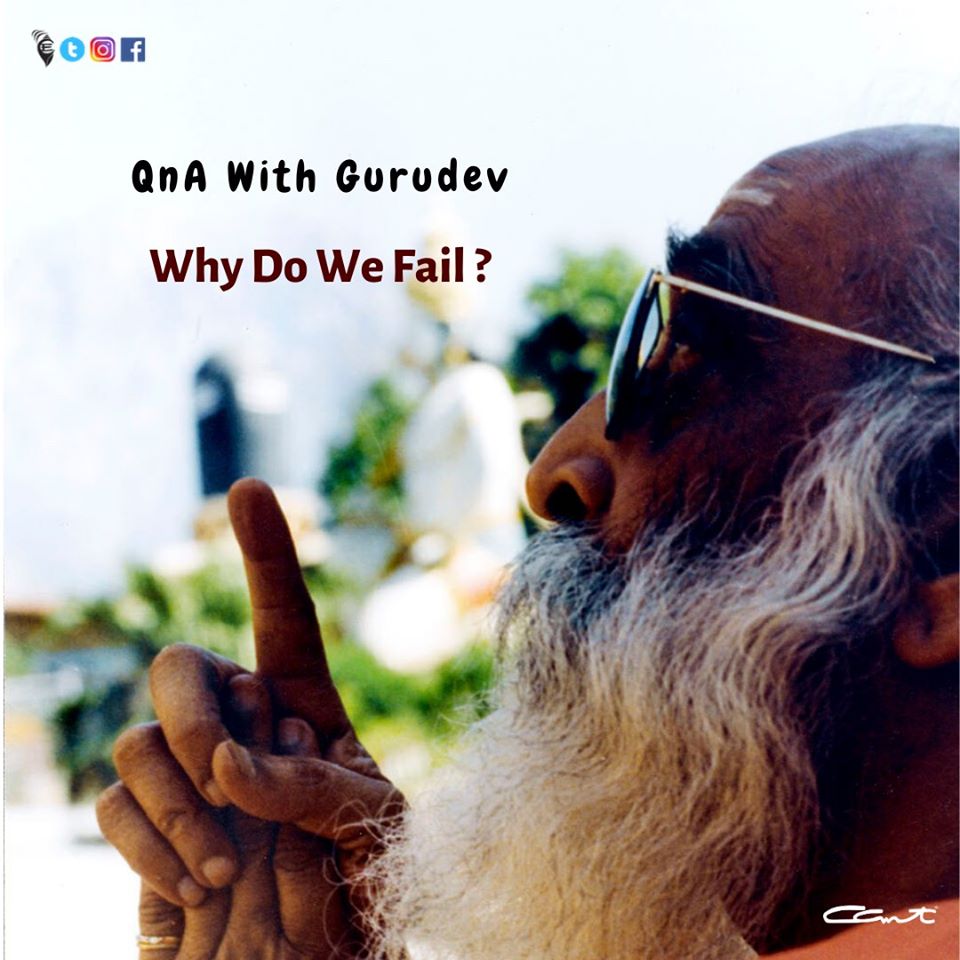The Doctrine of the Upanishads :7.5 Swami Krishnananda
========================================================================
------------------------------------------------------------------------------------------------------------------------
16/02/2020.
------------------------------------------------------------------------------------------------------------------------
16/02/2020.
7. God, the Universe and the Individual- 5.
Post-5.
------------------------------------------------------------------------------------------------------------------------
1.
#When we started philosophising, we came across three principles-God, the universe and the individual. We have advanced further and have found that God must include within Himself the universe and the individuals.
##He is not merely a relation, but true existence.
###He is That which resolves into Itself the universe and the individuals.
------------------------------------------------------------------------------------------------------------------------
2.
#But, if, in God, the universe and the individuals are merged completely, why is there perception of difference?
#I cannot say that I am the same as the world that I see.
*This question can be answered by making a distinction between the human view of the universe and the divine view. We look at the universe in terms of space, time and causation. The moment we think, we think in terms of these three terms of knowing. Everything is involved in these three links. We imply in the fact of our thinking, our being individuals. We think of something in space; space objectifies experience.
*When we try to introduce a relation among these principles, i.e., God, the universe and the individual, we have already created difference. The difference implied in their conception is the very basis of our processes of thinking.
#How can we think of the nature of the Divine Being without objectifying it in space?
##This is why the Upanishads hold that Ultimate Truth is transcendental.
*The mind of man cannot think of anything independent of objectivity. This is the fundamental error in human perception. God transcends space, time and causation. In order to think of God, we have to transcend these limiting factors.
###And we cannot do that. The moment we try to avoid these things, we avoid our own existence. The thinker ceases to exist in the attempt at transcending relativity of perception and experience.
------------------------------------------------------------------------------------------------------------------------
3.
#Philosophy leads us up to a certain stage of thinking; not to the Ultimate Truth. Philosophy trains the intellect in order to recognise its own limitations. It can only make us understand how much we can know in the universe and what we cannot know. The limit of the reasoning power is revealed by philosophy.
#But the Upanishads do not stop there, with mere reason or with understanding. They reveal the relation among the principles of God, the world and the individual.
*"Only Aparoksha-Anubhava, or immediate experience, can reveal the truth of this relation. It is non-relational experience, without a relation between the perceiver and the perceived. It is not like man conceiving of God, but God knowing that he is. 'I am'-this is the knowledge of God. Here differs the knowledge of God from the knowledge of man."
#Man knows: 'I am; and others also are'. But God's experience is not like that. When He knows, 'I am', nothing else exists.
#This 'I' includes everything; there is no space, time or causation for Him; it is pure Consciousness.
-----------------------------------------------------------------------------------------------------------------------
To be continued ...
=======================================================================



.jpg)

Comments
Post a Comment